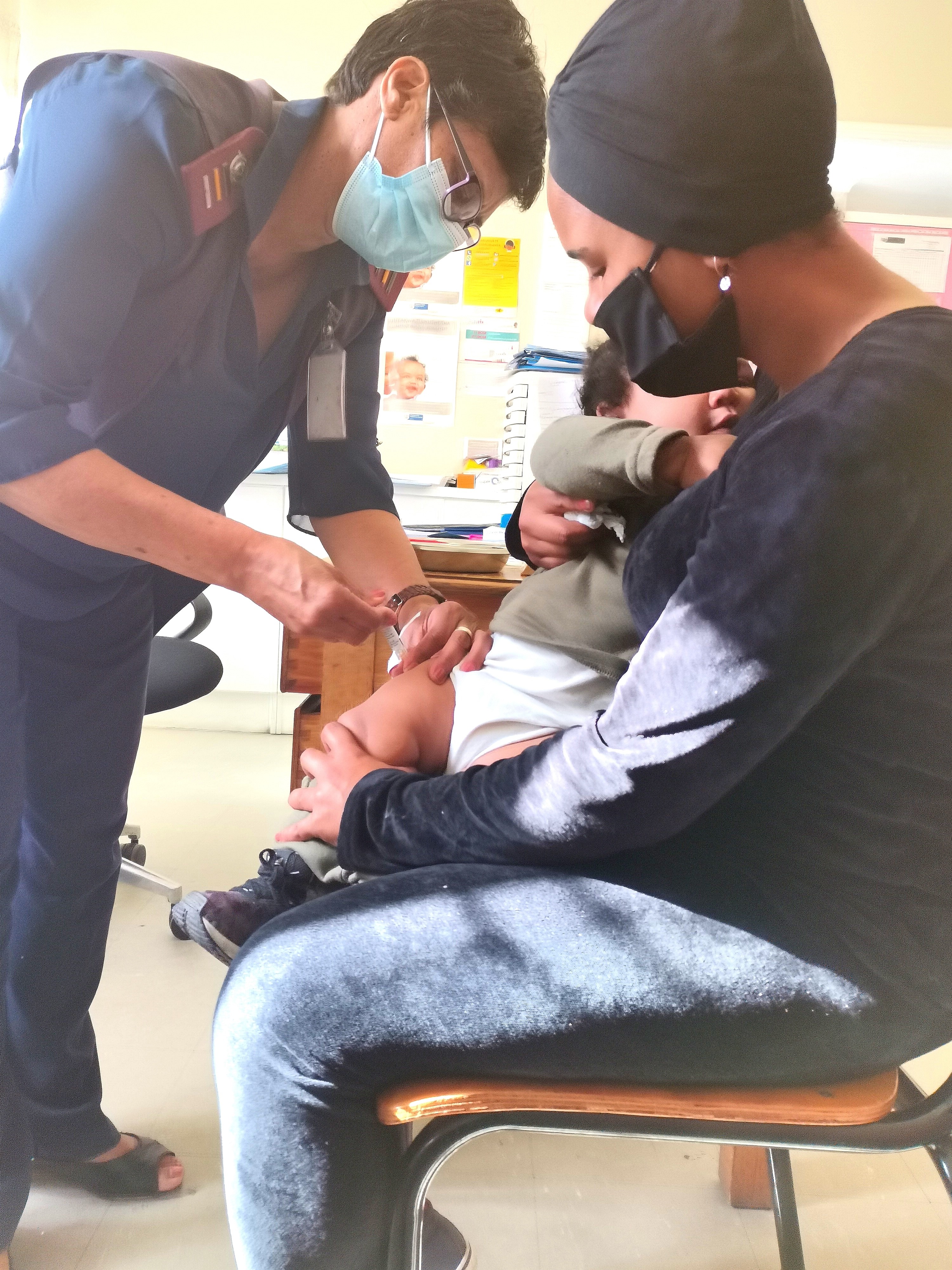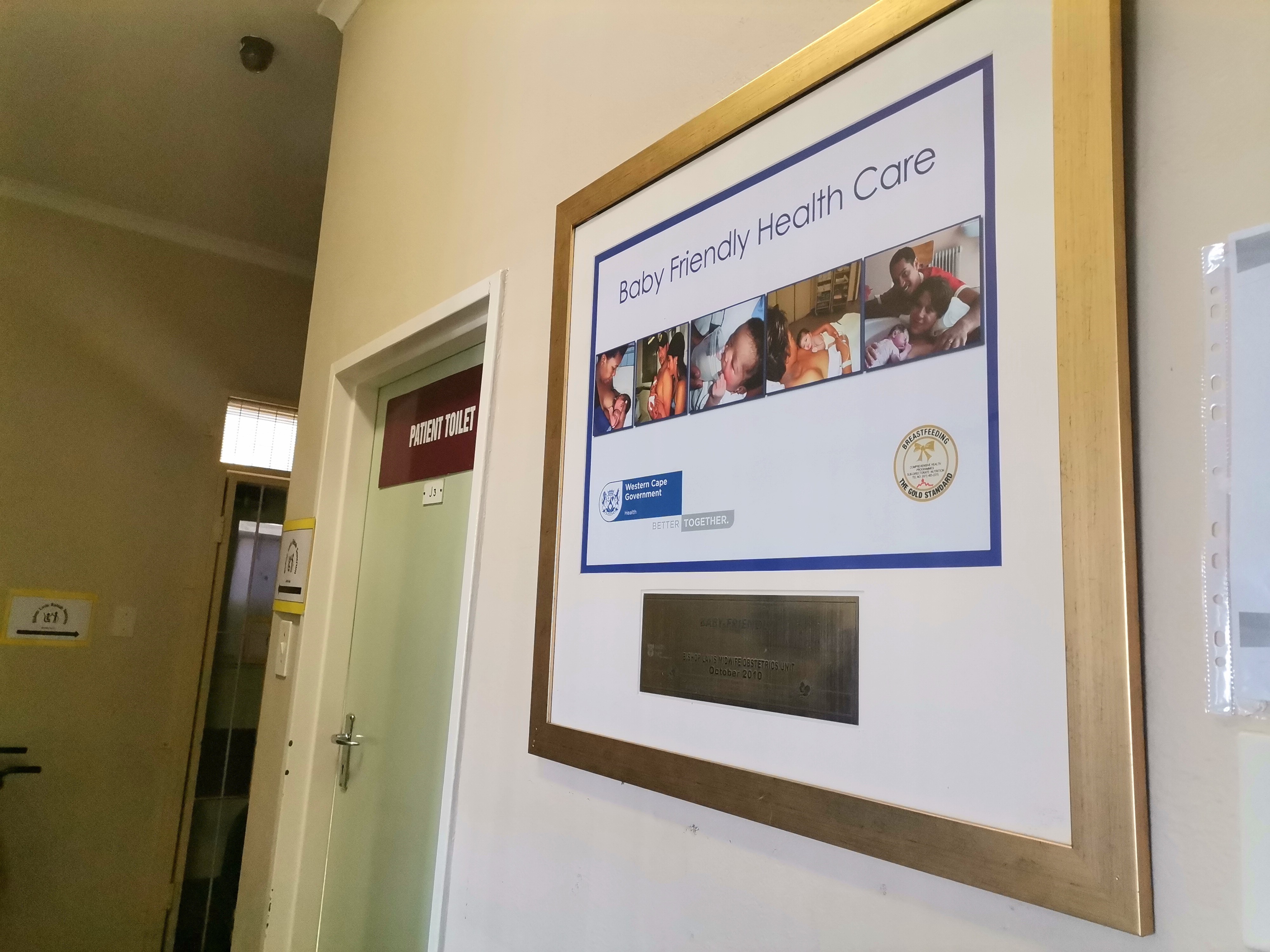
News
Parents urged to get children immunised to prevent severe disease
As the world marks Immunisation Week, parents and guardians are being urged to ensure that their littles ones are immunised.
While immunisation saves millions of lives every year and is widely recognised as one of the world’s most successful health interventions, many children have not been vaccinated during the global pandemic, leaving them at risk of serious diseases like measles and polio, according to the World Health Organisation.
Children receive immunisations to protect them from developing severe disease. When a child is unimmunised or has missed out on immunisations, they run the risk of developing a vaccine preventable disease, such measles or pneumonia.
Michelle Williams, assistant nursing manager for facility-based services in the Northern Tygerberg district, says immunisation boosts your child’s immune system. “This means that it protects the little one from becoming severely ill with a vaccine preventable disease.”
Children are immunised from birth up to 12 years of age. “The immunisations at birth can protect the child against developing tuberculosis (TB) and polio,” explains Nurse Williams.
“The vaccines administered thereafter is done at six weeks, 10 weeks and 14 weeks. Then again at six months, nine months, 12 months and 18 months. The child will be vaccinated again when they go to school at the age of six years and again at 12 years.”
Diseases that children get vaccinated against include polio, measles, Haemophilus, Influenza Type B (Hib), Hepatitis B Pertussis (whooping cough), Tetanus (lock jaw), Diphtheria (a dangerous bacterial disease) and Tuberculosis (TB) Meningitis.
Healthcare facilities also vaccinates against Rotavirus (one of the viruses that cause diarrhoea) and Pneumococcal disease (eg meningitis, otitis media, pneumonia, bacteraemia).
“The vaccines protect against, Rotavirus vaccine which protects the child against developing diarrhea caused by Rotavirus. The rotavirus vaccine is administered at 6 weeks and 14 weeks.”
Nurse Williams says while we vaccinate the world against the Coronavirus, we need to ensure that children also receive their immunisations to protect their health.
“Immunisations are important and plays an important role in the child’s well-being. Even if you as the parent forget the date to get your child’s vaccine, you child can still get the immunisation at a later date. A vaccine administered at a later date is far better than a child who has not received immunisations.”
Children access vaccines at selected community health centres (day hospitals) and clinics. Only the Human Papilloma Virus vaccine is administered at schools to girls aged 9 years and older.
“Many healthcare facilities (day hospitals) function on an appointment basis, therefore parents of children who require immunisation should contact the healthcare facility to determine the need for an appointment for immunisation.”
Western Cape Government Health urges all parents and caregivers to get their children immunised for free at their nearest clinic or community healthcare centre.
Click here to download the full periodic programme for immunisations. To see list of our healthcare facilities to get your child immunised, visit https://www.westerncape.gov.za/dept/health/facilities/944





